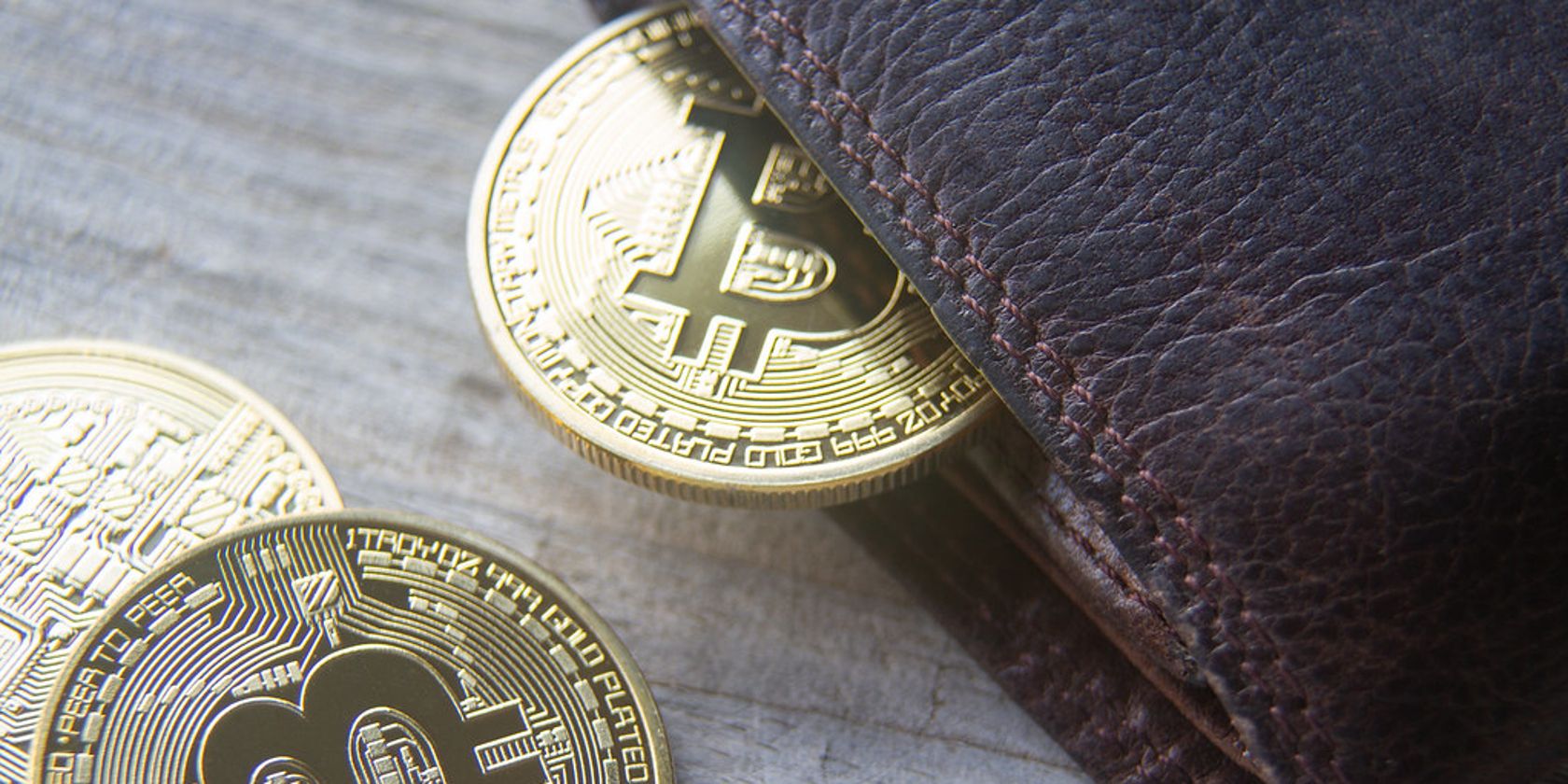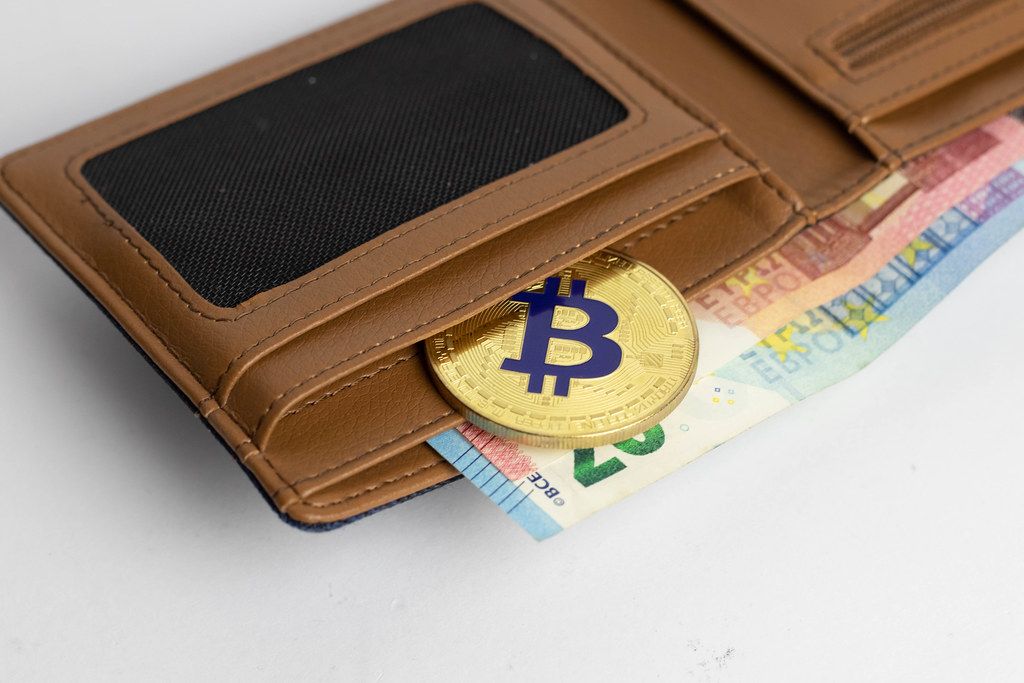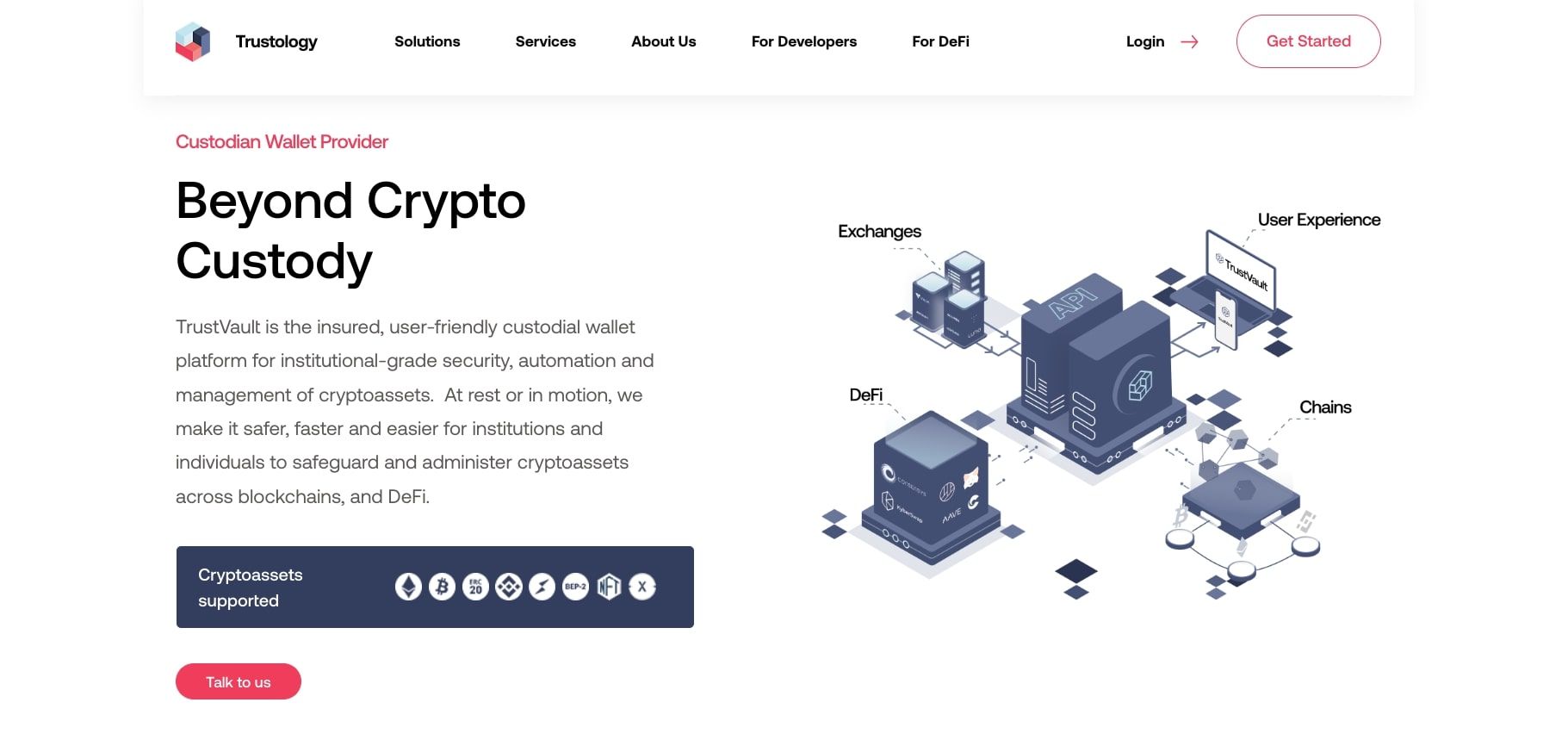Though blockchain technology has allowed cryptocurrency to be both private and secure, billions of dollars in crypto have still been stolen over the past decade, meaning users should still try to protect their funds in any way they can.
Currently, providers offer two kinds of wallets for crypto owners to use: custodial and non-custodial wallets. But custodial wallets may actually be a risky option for keeping your crypto safe.
What Is a Crypto Wallet?
Before we dive into custodial wallets and what they offer, let's run over a quick recap of what a crypto wallet actually is.
Unsurprisingly, a common misconception held by many is that crypto wallets literally store your cryptocurrency, but this is not the case. Rather, crypto wallets store your private keys. These wallets can either come in the form of hardware or software, with both types having their pros and cons.
Private keys are crucial to the crypto industry as they allow users to conduct transactions on a given blockchain. This is why cybercriminals are so eager to get their hands on your private keys, as they can use them to completely drain you of all your crypto by sending it elsewhere.
This is why the security level of your crypto wallet can mean the difference between keeping or losing your precious funds. But what is it about a custodial crypto wallet that makes it risky?
What Is a Custodial Crypto Wallet?
Many crypto wallets are non-custodial, meaning you are the sole person who holds your private keys. But the majority of exchange-based wallets are custodial. With a custodial wallet, the provider itself stores and has access to your private keys.
Of course, this sounds a little risky at face value, as all crypto owners know that entrusting your private keys to someone else can end catastrophically.
This is for several reasons. Firstly, if the exchange is hacked, attackers could gain access to the stored private keys, giving them the ability to steal huge amounts of crypto from multiple wallets.
Though crypto exchanges are generally quite secure, hacks have happened multiple times in the past. Even market giants with numerous security protocols aren't immune from this frightening possibility.
Secondly, there is always a slight possibility that the crypto exchange you're using is being run by criminals. Believe it or not, huge crypto exchanges have had illicit intentions before, such as QuadrigaCX. This now-defunct Canadian crypto exchange, run by cybercriminal Gerald Cotten, was used to steal over $200 million in crypto from thousands of wallets.
Cotten managed to do this using the private keys of his users, which only he had access to. To this day, no one knows where this money is, meaning the victims of this huge theft have been left empty-handed.
This shows just how easy it is for an individual to get their hands on your crypto using your private key. Unfortunately, entrusting your private keys to someone other than yourself can backfire immensely.
But if custodial crypto wallets pose such a risk, why would anyone use them in the first place? Are there any advantages one can enjoy by using this kind of private key storage?
The Benefits of a Custodial Crypto Wallet
The most prominent advantage offered by custodial crypto wallets is less user responsibility. Some people don't want to have full custody of their private keys, as keeping them safe can be a lot of pressure.
If someone were to lose their private key, they would no longer have access to their wallet and lose all of their funds forever.
Therefore, many would rather hand over this responsibility to their wallet provider, which can lower the chance of key loss due to human error. This perk is what custodial wallets offer.
While not everyone likes the idea of passing their vital private keys over to someone else, this really comes down to personal preference.
Custodial Wallets Have Their Perks but Aren't Airtight
Overall, both custodial and non-custodial wallets are vulnerable to hackers. But if you're really on top of your crypto holdings and have a clear focus on fund protection, you may be better off using a non-custodial wallet, where only you have access to your private keys.
However, this isn't to say that custodial wallets are a total loss. If you're big on convenience and are worried about storing your private keys, using a well-established custodial wallet may suit you well.




.jpg)